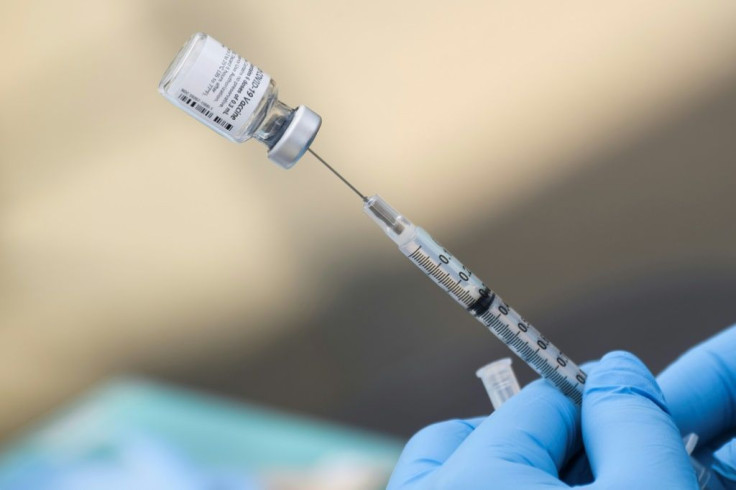This Is How Likely You Are To Get COVID If You Are Fully Vaccinated
The odds of getting COVID-19 when vaccinated may not be as high as one may think despite the highly contagious Delta variant spreading across the country, according to a new report.
Contrary to data released from the Centers for Disease Control and Prevention in July that said vaccinated people carry roughly the same viral load in their noses and throats as unvaccinated people, new data suggests that a person only has about a 1 in 5,000 chance of contracting the virus, according to a report from the New York Times.
According to data on COVID-19 infections by vaccination status were looked at, only about 1 in 5,000 vaccinated Americans tested positive for COVID each day in recent weeks. The data in the Times report was collected in Utah, Virginia and King County, Washington, which includes Seattle.
The Times said that these odds decline further to “probably less than 1 in 10,000” in areas such as Chicago, Los Angeles, San Francisco, and Seattle itself, where vaccination rates are higher, social distancing is observed, and masks are used.
The study didn’t take into account undiagnosed COVID cases, which it said are “often so mild that people do not notice them and do not pass the virus to anyone else.” And it also said that chances of contracting COVID would increase in places with worse virus outbreaks, such as the Southeast.
But the Times maintains that a 1 in 10,000 daily chance of contracting COVID would take more than three months for the combined risk to reach 1%.
The Times compared COVID risk for most vaccinated people as the “same order of magnitude as risks that people unthinkingly accept every day, like riding in a vehicle.”

© Copyright IBTimes 2024. All rights reserved.





















